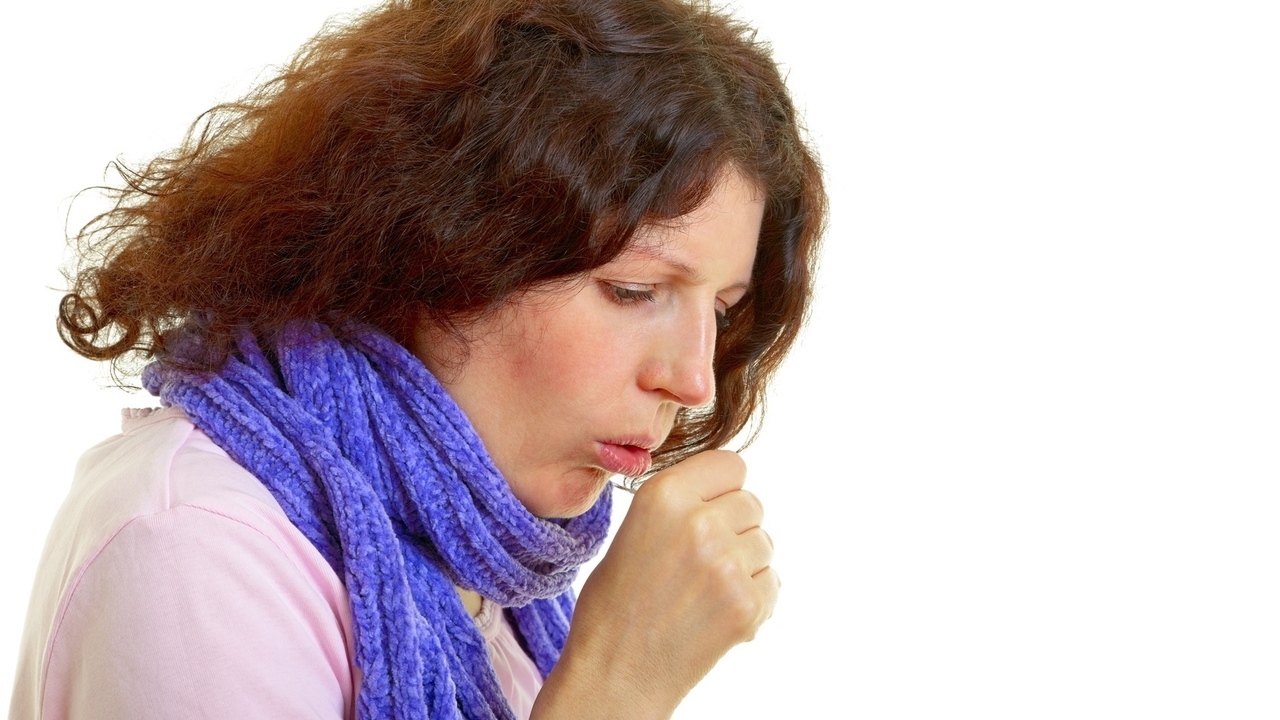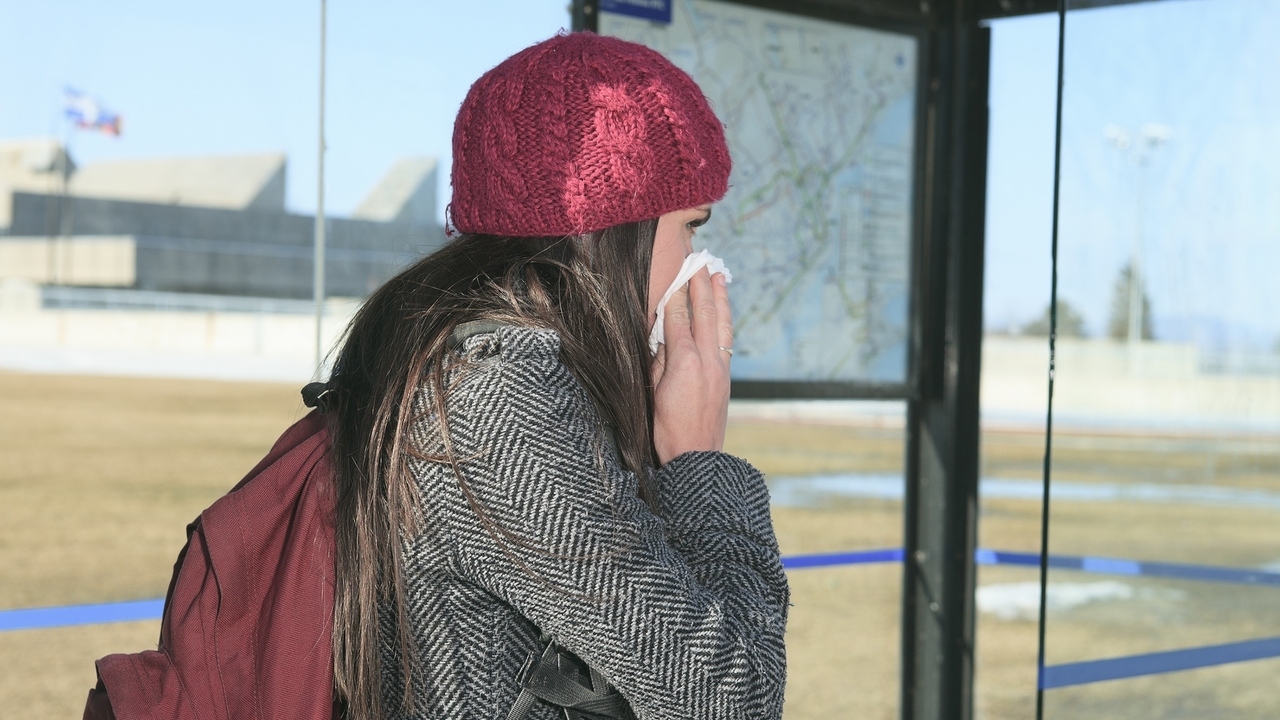Continuing with the questions you may want to ask your pediatrician if your baby is suspected to have bronchiolitis.
1. How long will my baby take to recover?
Most of the time acute bronchitis clears up in a few days. Your baby’s cough may slowly get better in one to two weeks. However, it may take him/her longer to recover if you are a smoker or you live in an area where air pollution is a problem.
2. When will my baby be off drugs?
This depends on the child’s condition, acuteness of the infection, environment in which s/he lives at home, congenital defects, etc. However anytime ranging from one to two weeks is good to have the drug taken off depending on recovery.
3. What side effects to the drugs have?
Some bronchodilators may have side-effects such as restlessness, irritability, etc. However, consult your doctor on other drugs the baby may be given and their possible side-effects.
4. What is the prognosis for bronchiolitis patients?
Most children recover at home in three to five days. During the illness, frequent small feedings of clear fluids may be given. Wheezing and cough may continue for two to four weeks. Increasing difficulty in breathing, bluish skin discoloration, fatigue, and dehydration indicate that the child should be hospitalized. Children with congenital heart or lung disease or an impaired immune system may be hospitalized sooner and are far more likely to become quite ill from bronchiolitis. With proper care, the chance of developing serious consequences due to bronchiolitis is low, even for children who need to be hospitalized.
"Most children can be treated at home with fluids and comfort measures. In the hospital, oxygen levels are monitored with a sensor on a finger or toe, and oxygen is given by an oxygen tent or face mask. A ventilator may be needed to assist breathing. Fluids are given by vein if the child cannot drink adequately. Inhaled drugs that open the airways (bronchodilators) may be tried, although their effectiveness in treating bronchiolitis is questionable. The antiviral drug Ribavirin
given by nebulizer is no longer given routinely but may be given to infants who are premature or who have other conditions that put them at high risk of severe breathing problems, such as congenital heart or lung disease, cystic fibrosis, or AIDS. Antibiotics are not helpful." (Source: The Merck Manuals http://www.merck.com/mmhe/sec23/ch274/ch274c.html)
5. What do I have to ensure to prevent a relapse?
• Avoid contact with those who have viral flu or are displaying symptoms of cold.
• Wash your child's hands often and also have her/his primary caregiver maintain good hand washing hygiene.
• Disinfect commonly used surfaces such as door knobs, computer keyboards, phone mouthpieces, tabletops, floors, etc.
• Dispose of tissues after a single use in a waste bin.
• Consider the use of the passive vaccine drug Palivizumab to reduce the chances of contracting RSV infections. It is very beneficial for children with suppressed immune function, heart-lung conditions or a premature birth.
Mamta Singh is a published author of the books Migraines for the Informed Woman (Publisher: Rupa & Co.) and the upcoming Rev Up Your Life! (Publisher: Hay House India). She is also a seasoned business, creative and academic writer. She is a certified fitness instructor, personal trainer & sports nutritionist through IFA, Florida USA. Mamta is an NCFE-certified Holistic Health Therapist SAC Dip U.K. She is the lead writer and holds Expert Author status in many well-received health, fitness and nutrition sites. She runs her own popular blogs on migraines in women and holistic health. Mamta holds a double Master's Degree in Commerce and Business. She is a registered practitioner with the UN recognised Art of Living Foundation. Link: http://www.migrainingjenny.wordpress.com and http://www.footstrike.wordpress.com






Add a Comment2 Comments
Dear Anonymous,
thank you for your kind words of encoragement.
However, do realize this article pertains to bronchiolitis and not bronchitis. What's the difference?
Bronchitis is an inflammation of the bronchi. Can effect adults and children. Caused by viruses (influenza) mostly, but can be super imposed by bacterial infection also.
Bronchiolitis is an inflammation of the bronchioles. It effects mainly children and caused by RSV (50% of the times) or other viruses. Most commonly during winter and spring months.
Bronchi branch in the lungs and give rise to bronchioles.
Thus the approach to kill the 2 different microbes that cause the condition and the treatment vary by a more than a couple of degrees.
Best regards,
March 28, 2010 - 10:54amMamta
This Comment
This is great information for parents. Children that have bronchitis can leave a parent scrambling for answers. I found this website page on bronchitis and then later found out that they have a smartphone application that I can have with me all the time. Smartphones are a parent's best friend with info like this: http://www.itriagehealth.com/disease/bronchitis-%28bronchial-tube-infection%29
March 28, 2010 - 7:52amThis Comment